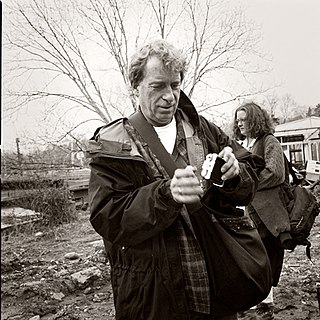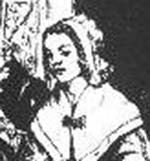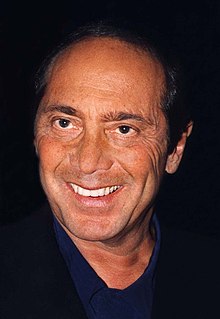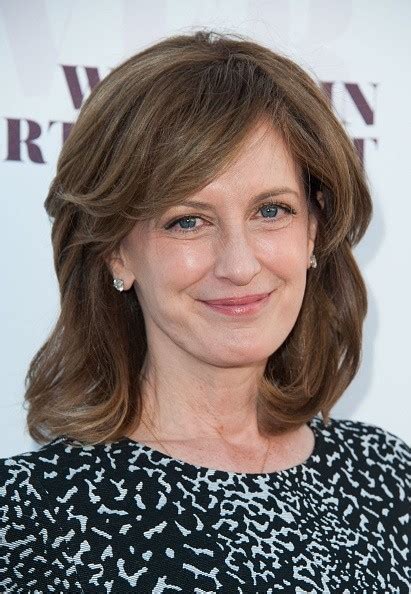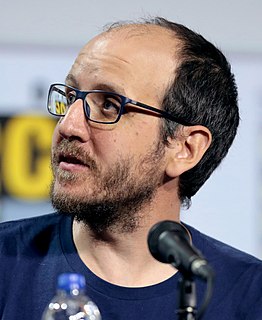A Quote by Roger Martin
I always have a pad of paper and a pencil within reach, to catch on the wing this turn of phrase which strikes me as felicitous, that idea which I hope to be able to examine more closely in the light of day.
Related Quotes
And if you love the light, then you come to the light to be proved, and tried whether your works be wrought in God. But that which hates the light, turns from the light, and that shall be condemned by the light forever. And though you may turn from the light, where the unity is, and you may turn from the eternal truth; but from the witness of God in your consciences, (which he hath places in you, which beareth witness for the living God,) you can never fly; that shall pursue you wherever you go.
If you examine the highest poetry in the light of common sense, you can only say that it is rubbish; and in actual fact you cannot so examine it at all, because there is something in poetry which is not in the words themselves, which is not in the images suggested by the words 'O windy star blown sideways up the sky!' True poetry is itself a magic spell which is a key to the ineffable.
Many other artists who sing about hope think that it is something every single person carries within himself. I'm not so sure if that's true. For me, hope is the little light guiding you the way, which reminds you that life does have a sense, that you have goals. To believe in that is often more easily said than done.
The quality of light by which we scrutinize our lives has direct bearing upon the product which we live, and upon the changes which we hope to bring about through those lives. It is within this light that we form those ideas by which we pursue our magic and make it realized. This is poetry as illumination, for it is through poetry that we give name to those ideas which are, until the poem, nameless and formless-about to be birthed, but already felt.
I longed for a power of vision which might overpass that limit; which might reach the busy world, towns, regions full of life I had heard of but never seen: that I desired more of practical experience than I possessed; more of intercourse with my kind, of acquaintance with variety of character, than was here within my reach.
No Difference Small as a peanut, Big as a giant, We're all the same size When we turn off the light. Rich as a sultan, Poor as a mite, We're all worth the same When we turn off the light. Red, black or orange, Yellow or white, We all look the same When we turn off the light. So maybe the way, To make everything right Is for god to just reach out And turn off the light!
Greek architecture taught me that the column is where the light is not, and the space between is where the light is. It is a matter of no-light, light, no-light, light. A column and a column brings light between them. To make a column which grows out of the wall and which makes its own rhythm of no-light, light, no-light, light: that is the marvel of the artist.


